Many people have the habit of making their own medicated wine and medicated diet.
Think that self-made "has a big supplement"
But this kind of behavior is extremely risky!
On the afternoon of May 9th.
There are four people in Wenzhou City, Zhejiang Province.
Poisoning by taking homemade medicinal liquor
Was taken to the hospital for emergency treatment and admitted to ICU.
One of them even used it.
"life-saving artifact" ECMO
The condition is still critical and the prognosis is not optimistic.
Self-made medicated wine "down" 4 people
The most serious use of ECMO is still not optimistic
On May 9th, Wenzhou Traditional Chinese Medicine Emergency Department admitted four poisoned patients. It turns out that Mr. Gong in Wenzhou has always had the habit of brewing his own medicinal liquor. Recently, he churned out a new medicinal liquor and asked his friends to come and taste it. Unexpectedly, it didn’t take long for the medicated wine to go down, and several people appeared nausea, vomiting, numbness of limbs, etc. At that time, several people who were still awake immediately called 120. In the ambulance, the symptoms of four people began to get worse. After arriving at the hospital, the doctor immediately started the rescue.
Mr. Gong has been suffering from malignant arrhythmia because he drinks the most and is the most seriously ill. He has been undergoing cardiopulmonary resuscitation and defibrillation, and his heart is seriously damaged and his prognosis will be poor. Although Mr. Gong has used ECMO, the situation is still not optimistic.
At present, three patients are still receiving treatment in ICU, and one of them who drinks the least has been transferred to the observation room in the emergency department.

Is the homemade medicinal liquor so toxic?
What exactly causes poisoning?
Tested
In the medicinal liquor that poisoned four people
Contains aconitine components.
Aconitine poisoning is not uncommon.
Doctor: 2~4 mg can kill you.
Aconitine poisoning is not uncommon.
Case 1: In April this year, Ms. Wu from Wenzhou was admitted to the hospital for taking "folk prescription Chinese medicine" by herself. After testing, the amount of aconite in the traditional Chinese medicine prescription taken by Ms. Wu was as high as 30g, and aconite is one of the common Chinese herbal medicines containing aconitine. Fortunately, because of Ms. Wu’s timely medical treatment and proper rescue, she has recovered from illness and was discharged from hospital.
Case 2: In December, 2022, Mr. Wang from Zhuhai City, Guangdong Province bought Chinese herbal medicines online for "eliminating dampness and expelling toxin" because of frequent gout. After taking it for 3 days, he suddenly fainted, and developed symptoms such as numbness in the mouth, face, tongue, limb weakness and severe vomiting. He was sent to the Fifth Hospital of CUHK for treatment. After examination, Mr. Wang boiled "raw aconite" for three consecutive days, which belongs to acute aconite alkaloid poisoning caused by excessive use of aconite. When he was admitted to the hospital, he was in critical condition, his heart rhythm was extremely disordered, and he was in shock. After a series of treatments, he turned to safety.
This kind of medicinal materials can’t be eaten as ordinary medicinal diet!
"0.2 mg of pure aconitine can be poisoned by oral administration, and 2-4 mg can be fatal by oral administration." According to the doctor, aconitine is a highly toxic alkaloid, which is mainly ingested through the mouth and absorbed in the gastrointestinal tract. It can become ill 10 minutes after taking the medicine.
Aconitine is so toxic.
What can contain this ingredient?
Why is it easy to eat by mistake?
Let’s get to know each other
↓↓↓
What are aconitine drugs?
Aconitine drugs are the main medicinal components existing in Chinese medicinal materials of Aconitum of Ranunculaceae, such as Radix Aconiti, Radix Aconiti Kusnezoffii, Radix Aconiti Lateralis, and Artemisia rupestris. Generally, they refer to aconitine, hypaconitine and neoaconitine, and they are a kind of highly toxic diester diterpenoid alkaloids. According to the 2020 edition of China Pharmacopoeia, the total amount should be less than 0.17% (calculated by the dried products of Radix Aconiti Kusnezoffii and Radix Aconiti).
Among them, aconitine is the most toxic, 0.2mg of pure aconitine can cause toxic effect, and 2-4mg can cause death. The above Chinese medicinal materials of Aconitum are all listed in the national Measures for the Administration of Toxic Drugs for Medical Use and strictly managed. Chinese medicinal materials containing aconitine drugs are toxic Chinese medicinal materials, not food, and cannot be eaten as ordinary medicated diet or ordinary food.
Clinically, aconitine drugs can be used for analgesia, anti-inflammation, anesthesia, lowering blood pressure, etc., so aconitine drugs are commonly used in folk to treat rheumatoid arthritis, traumatic injury, joint pain and so on. However, improper processing, insufficient decocting time, taking by mistake and drinking too much are easy to cause aconitine poisoning, so it needs to be used with caution.
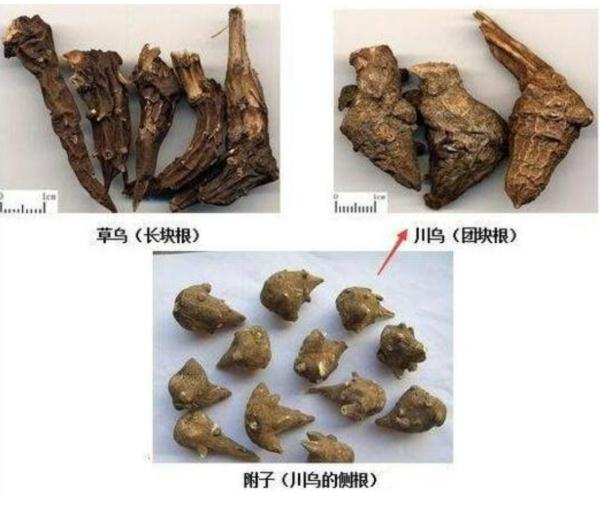
What are the symptoms of aconitine poisoning?
1. Nervous system: patients with mild poisoning feel abnormal and numb on the face and around the mouth, with occasional dizziness, tinnitus and sweating; Severe poisoning may lead to headache, blurred vision, stiff limbs, convulsions and even coma.
2, cardiovascular system: palpitation and chest tightness are the most common symptoms; When there is shock, the patient may show pale face, cold limbs and sweating, accompanied by disordered arrhythmia, and in severe cases, shock and cardiac arrest may occur.
3, digestive system: nausea, vomiting, abdominal pain, diarrhea and so on.
Causes of aconitine poisoning:
1. improper understanding. Aconitum has the functions of expelling wind, removing dampness, warming channels and relieving pain, but at the same time, the aconitine it contains is also highly toxic. People generally believe that medicated diet and medicated wine can nourish the body, but they don’t know that alcohol can accelerate the absorption of aconitine drugs, making the toxic time shorter, which is not conducive to timely treatment. We don’t fully understand the Chinese medicinal materials of Aconitum, only pay attention to their efficacy, but don’t know their toxicity, edible varieties, usage methods and dosage, which leads to poisoning caused by eating by mistake or excessive consumption.
2. Improper compatibility or preparation. Different compatibility of traditional Chinese medicines can enhance or reduce toxicity.
3. Improper decoction. Aconitum is toxic, so it should not be used raw. It is difficult to destroy the toxicity of aconitine drugs by ordinary processing methods, and it must be processed before it can be taken orally. Drugs containing aconitine should be decocted for a long time. If the decoction is not sufficient or the medicinal materials are not thoroughly cooked, it can lead to poisoning.
Once again, if you have symptoms such as palpitation, chest tightness, numbness around your mouth, nausea, vomiting, dizziness and diarrhea after taking aconitine drugs, you should seek medical attention immediately. If the patient is conscious, drink plenty of water, press the root of the tongue or throat with your fingers to induce vomiting, and excrete the unabsorbed toxic substances as soon as possible.
Be careful with these homemade foods!
In daily life
In addition to homemade medicinal liquor
Many people will also make some pickles,
Wine, yogurt, etc.
With the hot weather and rising temperature
Homemade food should pay more attention to food safety!
Time, temperature, storage method, storage container, etc.
May affect food safety and hygiene!
The following homemade foods
Pay special attention to
↓↓↓
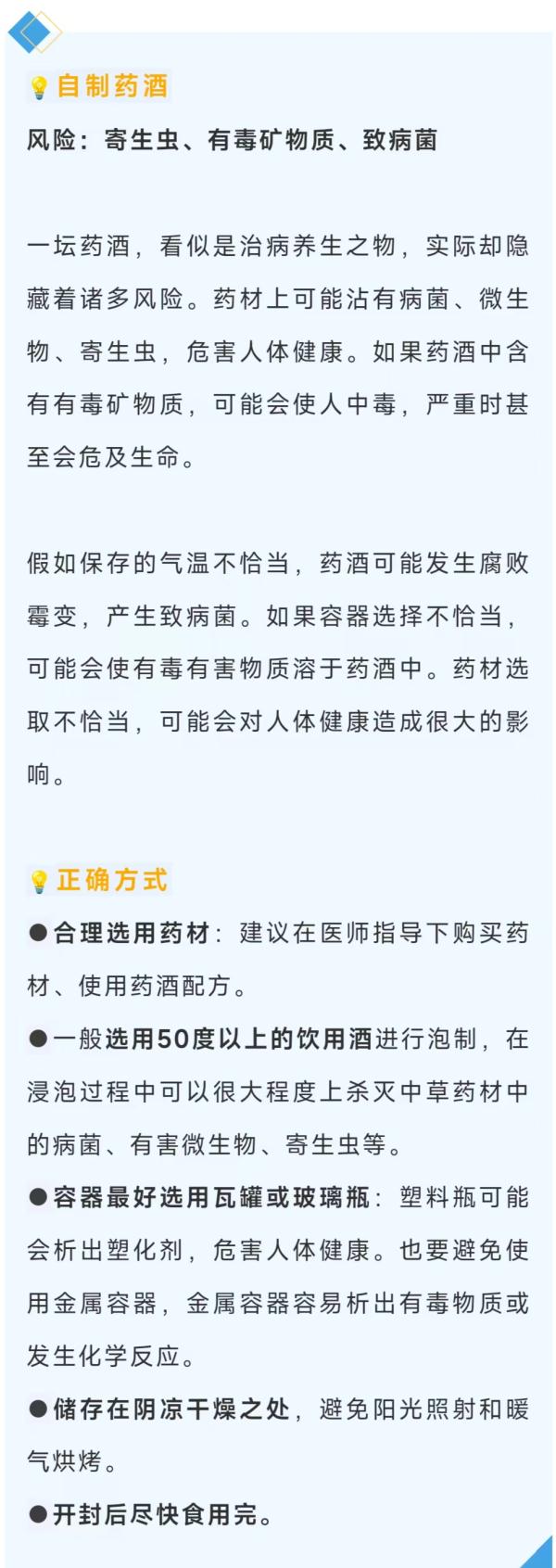
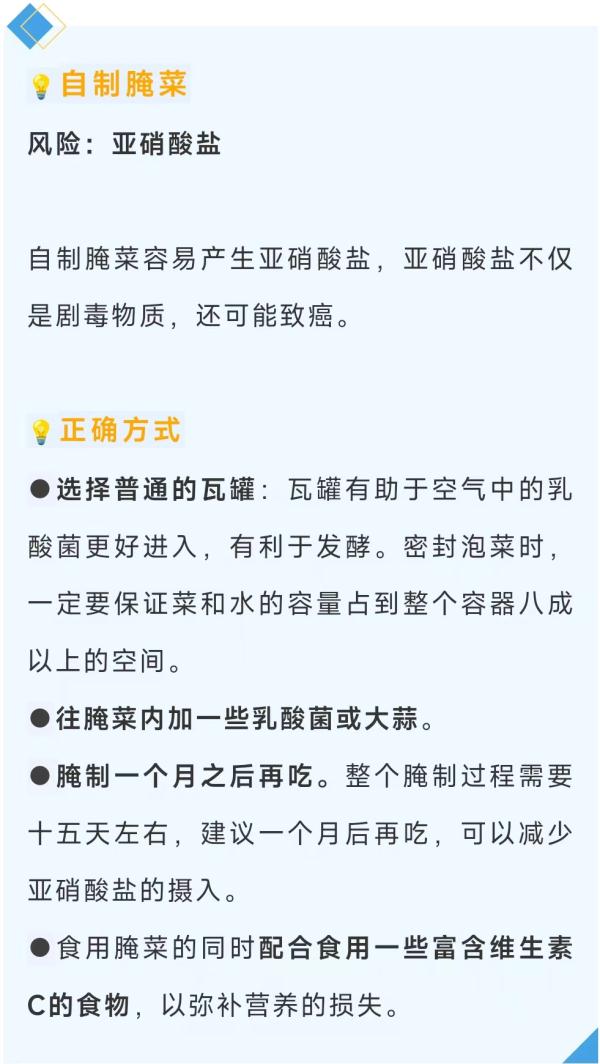
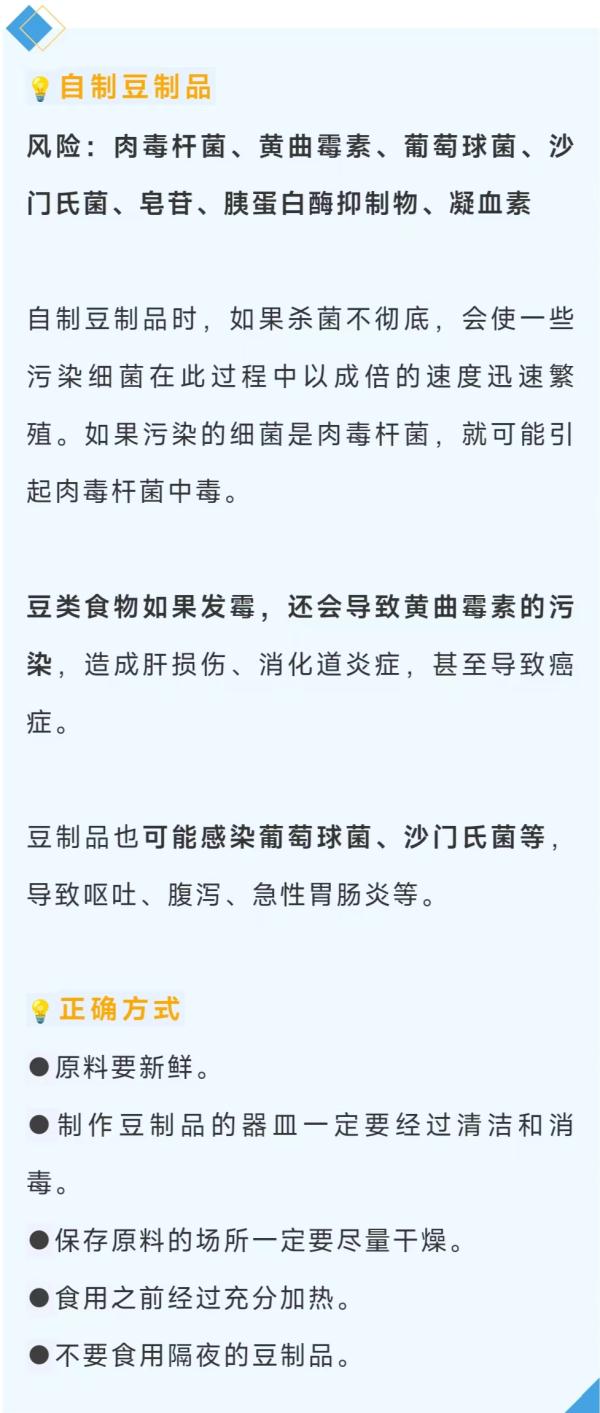
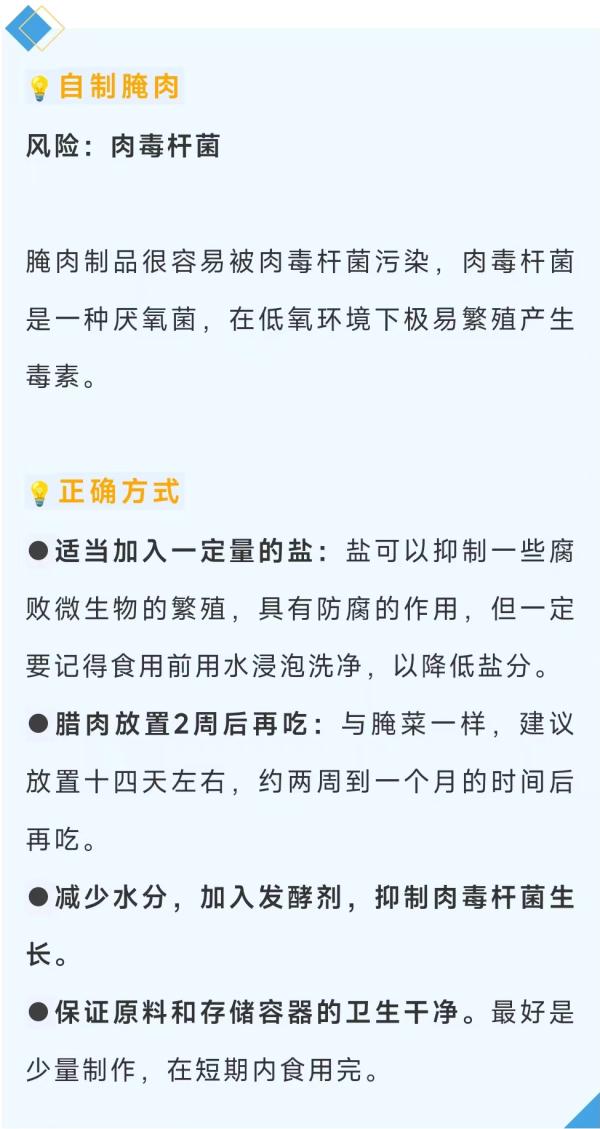
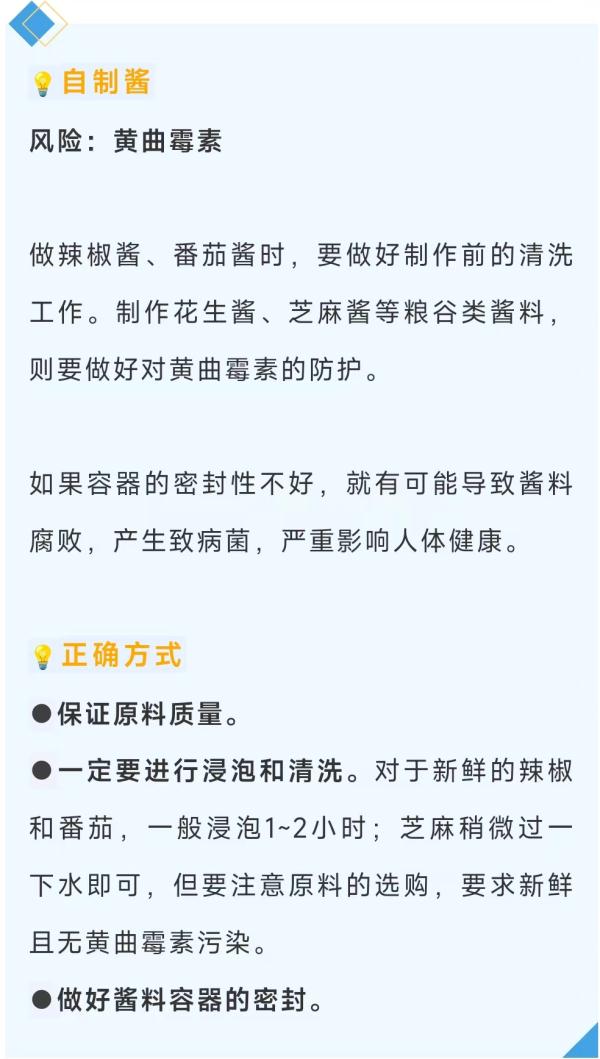
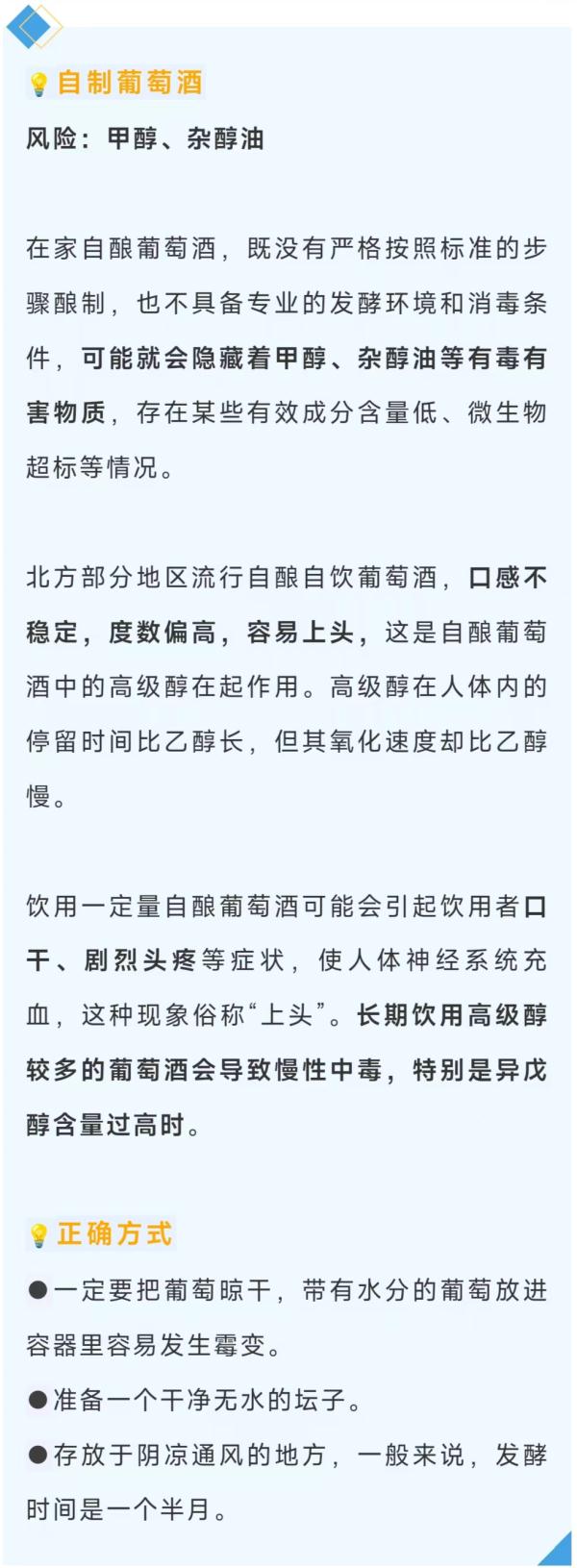
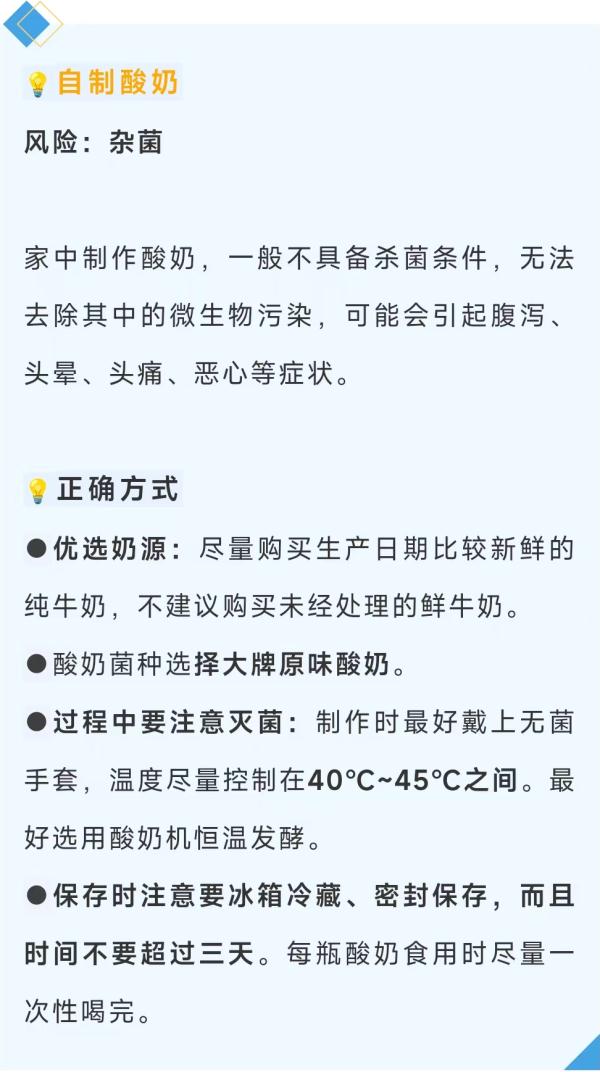
Finally, remind again:
Be careful what you enter!
Safety first!
Comprehensive: Guangzhou Daily, Wenzhou Daily,
People’s Network Science Popularization and Chengdu Disease Control
]
关于作者